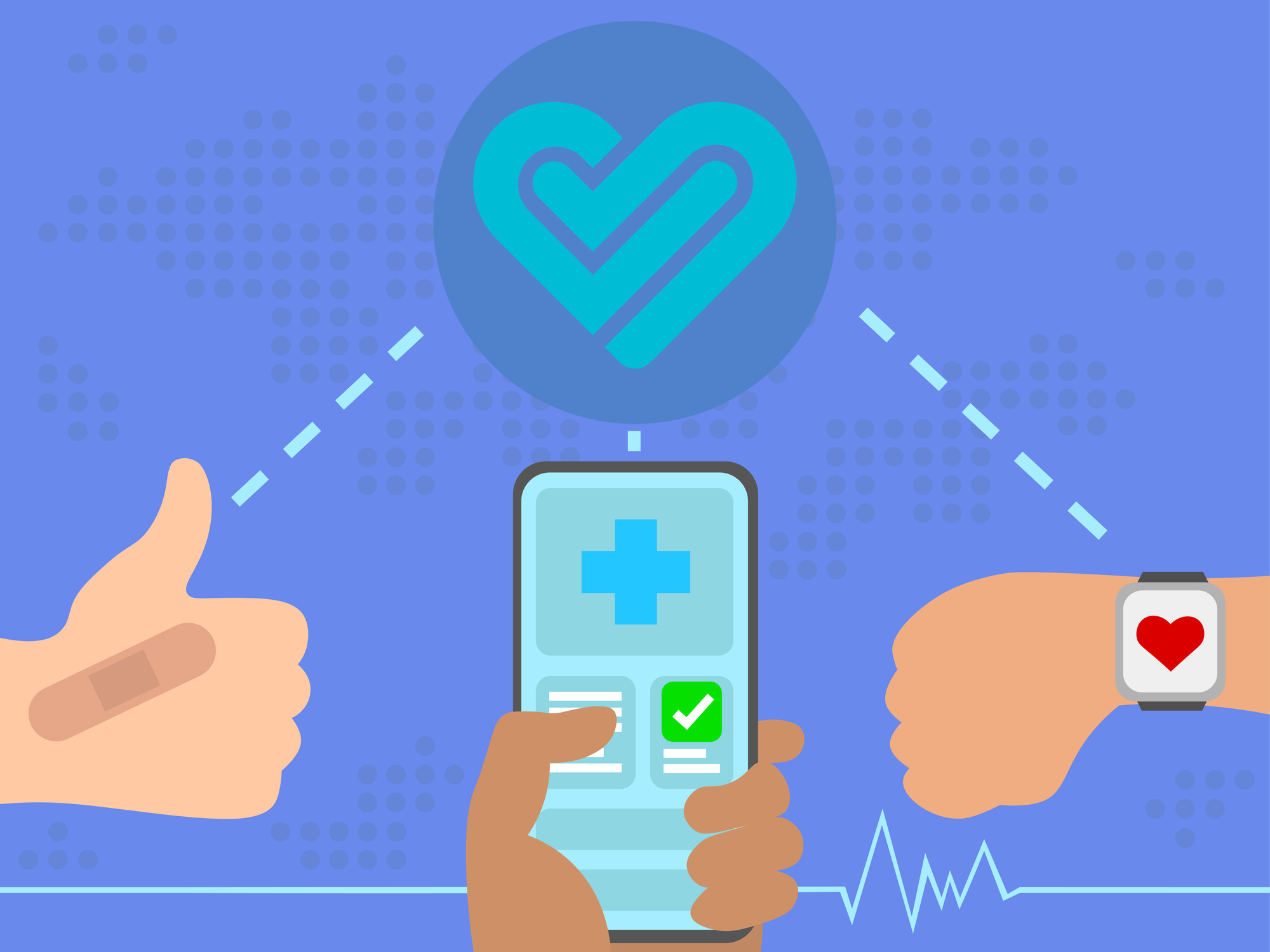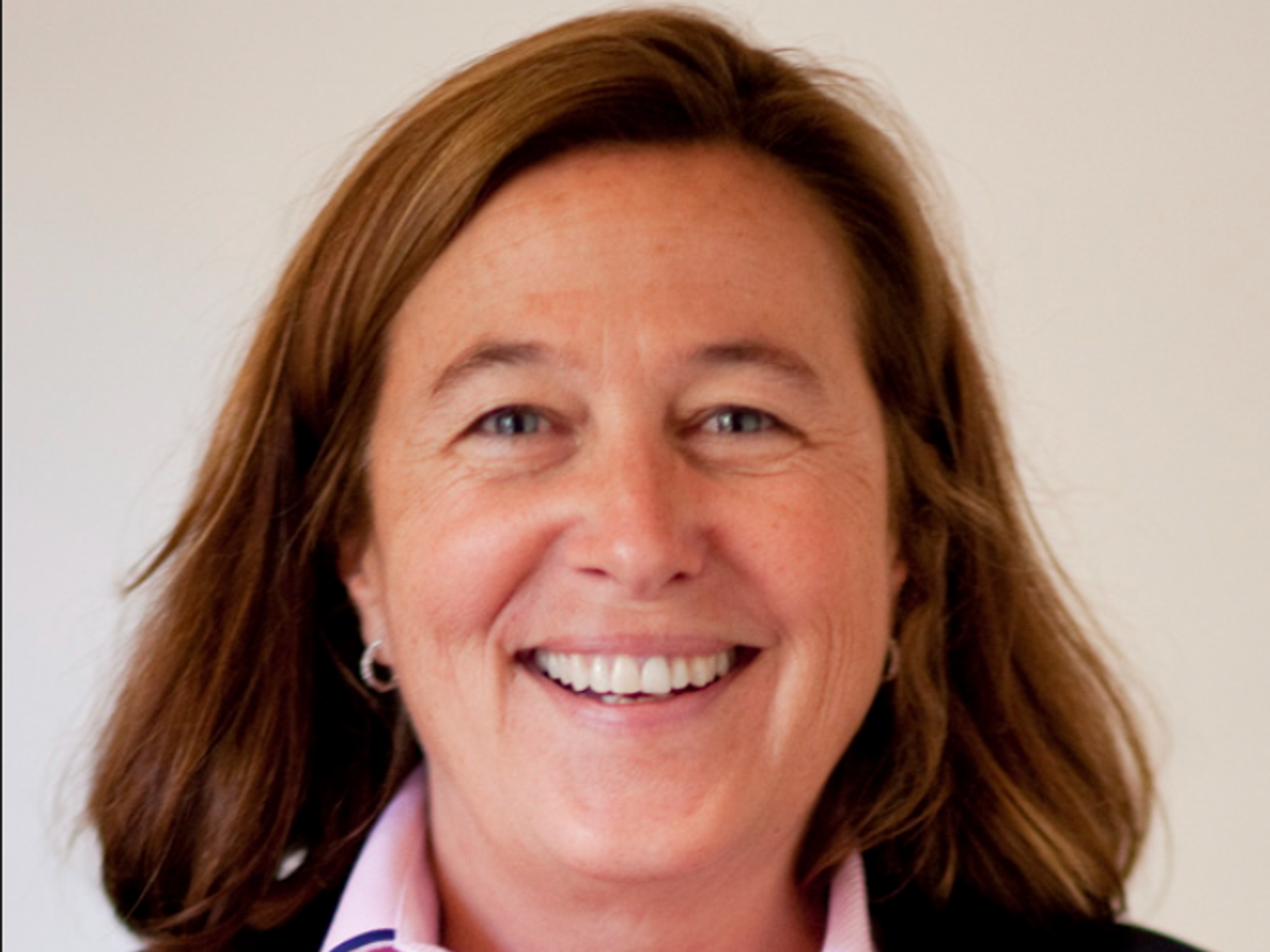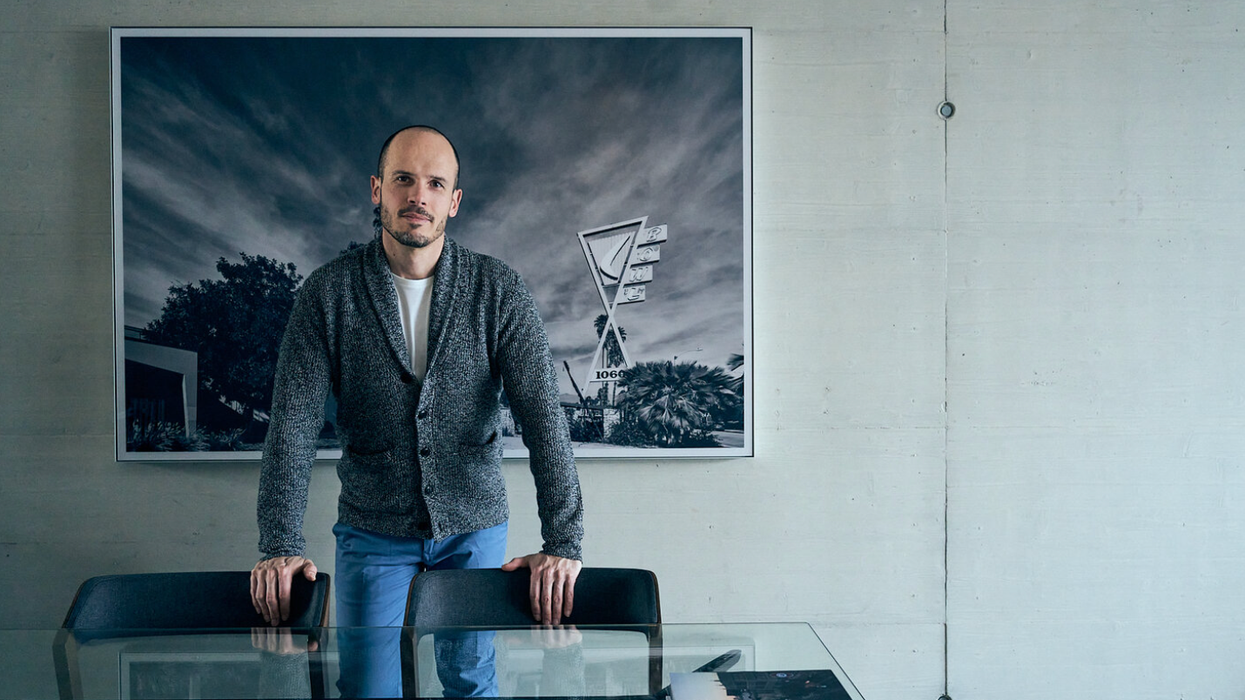How Real-Time Data Is Helping Physicians Track Their Patients, One Heartbeat at a Time

Are you a human node on a health-based digital network?
According to research from Insider Intelligence, the U.S. smart wearable user market is poised to grow 25.5% in 2023. Which is to say, there are an increasing number of Angelenos walking around this city whose vital signs can be tracked day and night via their doctor's digital device. If you've signed up to a health-based portal via a workplace insurance scheme, or through a primary care provider's portal which utilizes Google Fit, you’re one of them.
Do you know your baseline health status and resting heartbeat? Can you track your pulse, and take your own blood pressure? Have you received genetic counseling based on the sequencing of your genome? Do you avoid dairy because it bloats, or because you know you possess the variant that indicates lactose intolerance?
Data Interventions That Save Lives
For many people in Los Angeles, body computing devices mean the difference between life and death. According to Leslie Saxon, M.D., Executive Director of the USC Center for Body Computing, a number of her patients have heartbeat monitors which she can track in real-time via her laptop.
“We use this on-going data stream in a number of ways,” explained Dr. Saxon. “For example, in my clinic today, I had a patient who had diagnosed their own arrhythmia via their Apple Watch. They experienced a symptom, their watch alerted them, they came in immediately, and we knew what it was from the data.”

This is important, Dr. Saxon continued, “Because we spend a lot of time and money on episodic arrhythmia. If a patient is already engaged in their own care and diagnosis, and we have the evidence to hand, it leads to not only a deeper understanding, but better health outcomes.”
One of her other patients, a young man with congenital heart disease, had a shock over the holidays. “He alerted me and I was able to sign into a website and access the crucial diagnostic data from his medically-regulated device and address his situation in an instant.”
Both on-going self-monitoring, and tracking reported data over time, is also changing the nature of medicine itself. “Everyone is talking about precision medicine today,” Dr. Saxon pointed out, citing the move towards targeting the right treatments, to the right patients, at the right time. “But it’s more than that. With these devices, we’re able to liberate ourselves from brick and mortar care centers, and use integrated health systems, like our Virtual Care Clinic, to push diseases out even further.”
The Potential of Self-Monitoring
For example, the Swiss-American photographer Jonathan Ducrest uses data as an everyday wellness tool. He’s signed up to self-monitor via devices, sharing data with his doctors, but is focused on using it to improve daily living. While based back in Zurich, for now, he’s still able to continue US-style health tracking via Forward, the subscription-based medical platform in Century City, which is useful when he returns to L.A. on assignment.
“I was intrigued by the whole data-driven process when living in L.A.,” he told dot.LA. “After getting the initial body scan, and tests, which delivered a baseline health analysis, I continue to use a combination of wearables like my Apple Watch and other devices to keep an eye on my vitals, including a connected scale and thermometer from Withings. I chose to set permissions and share all this data with my clinical providers, so we can review at my next physical. But I have it whenever I want to check it myself.”

The Purpose Behind Tracking
But, eight years on from the launch of the Apple Watch, has data fatigue set in for many? Have we reached peak monitoring?
“Wearables, monitoring and data alone are not going to save your life or replace a physician or surgeon,” Aoun told dot.LA. “Right now, devices enable people to capture data and information about the state of their health, but what is happening with all of this data? Where is it going? Is it being used in your doctor's office? Without a platform to ingest your data and translate it into actionable insights, wearables are mere data collection devices that have no real impact on your health.”
At his membership-based healthcare startup, Aoun decided to build out a full-stack solution combining software, hardware, data infrastructure, and doctors all under one roof - working towards rebuilding healthcare from the ground up.
“We help people understand what their data means and provide actionable insights to proactively manage their long-term health,” Aoun said. “The result is continual everyday care, in real-time, that extends beyond the exam room and can scale to millions of people.”
Offsetting Decline with Data
One thing is certain, life ends. But could data transform how we spend our lives - and how well it ends?
That’s what Pinchas Cohen, M.D. Dean of the USC Leonard Davis School of Gerontology is looking into now. School initiatives examine the increasing role technology can and will play in aging research and services. Dr. Cohen told dot.LA that his field has been greatly impacted by the interplay of wearables, data, physicians and patients.
“Technological innovation impacts every area of gerontology research,” confirmed Dr. Cohen. “We are on the cusp of exciting new fronts in developing genomic-based personalized interventions that can extend health spans, the number of years we spend in good health. The ability to capitalize on large datasets allows us to begin to predict who might be at risk for certain conditions and target treatment and prevention efforts accordingly.”
Gerontology researchers use a wide range of wearables and sensors to collect data on sleep, movement and heart health and other measures.
“These tools can help physicians monitor disease, detect changes and develop interventions,” said Dr. Cohen. “For example, studies are looking at whether these tools could help physicians detect cognitive changes earlier versus relying on physical exams alone. Aging involves a set of multifaceted processes and remote monitoring and other data-driven interventions have the potential to extend the amount of time we spend in good health.”
The Future of Data Driven Healthcare
At least two generations have now grown up with tracking personal data from digital devices, whether as part of the quantified health movement, with a nod to if not immortality then increased longevity. According to the most recent census, "Americans are projected to have longer life expectancies in coming decades. By 2060, life expectancy for the total population is projected to increase by about six years, from 79.7 in 2017 to 85.6 in 2060."
As we enter a new era of medicine, data has led us not just to precision and personalized health, as in how that new medication works on your symptoms today, not based on large-scale historic Big Pharma trials, but also to a vast increase in personal responsibility.
You’ve got the data coming out of your wearables, what are you going to do with it?
- Healthvana, Once Focused on HIV Results, Partners with LA on Vaccination Records and Reminders ›
- Could Your Apple Watch Check Your Blood Glucose Levels? The Technology is Closer Than You May Think ›
- Wavemaker 360 Launches New $64M Fund for Health Care Startups ›
- The Companies Gearing Up to Help Boomers Avoid Nursing Homes ›
- Health Tech Companies In Los Angeles - dot.LA ›



 Image Source: Perelel
Image Source: Perelel
 Image Source: Valar Atomics
Image Source: Valar Atomics Image Source: Waymo
Image Source: Waymo Image Source: Apple
Image Source: Apple